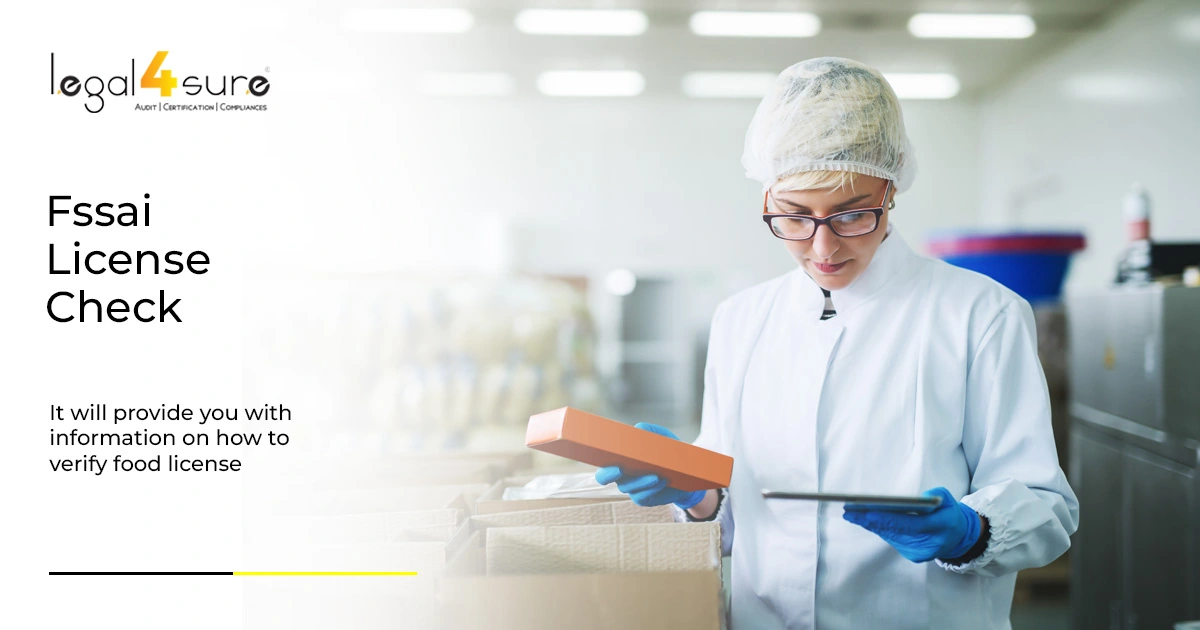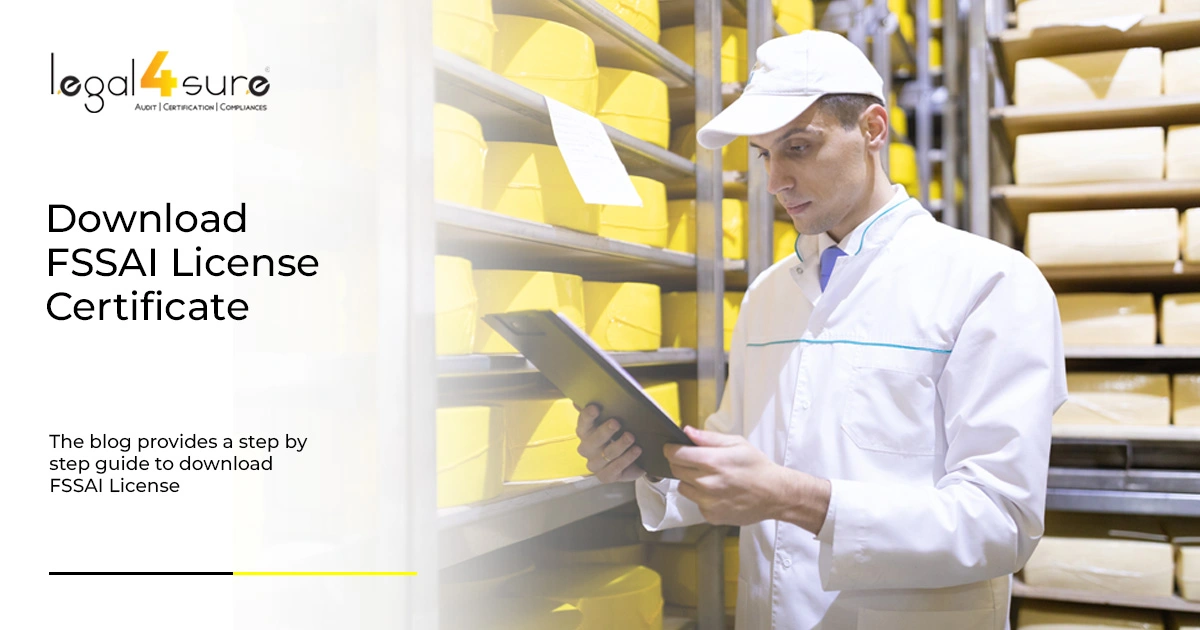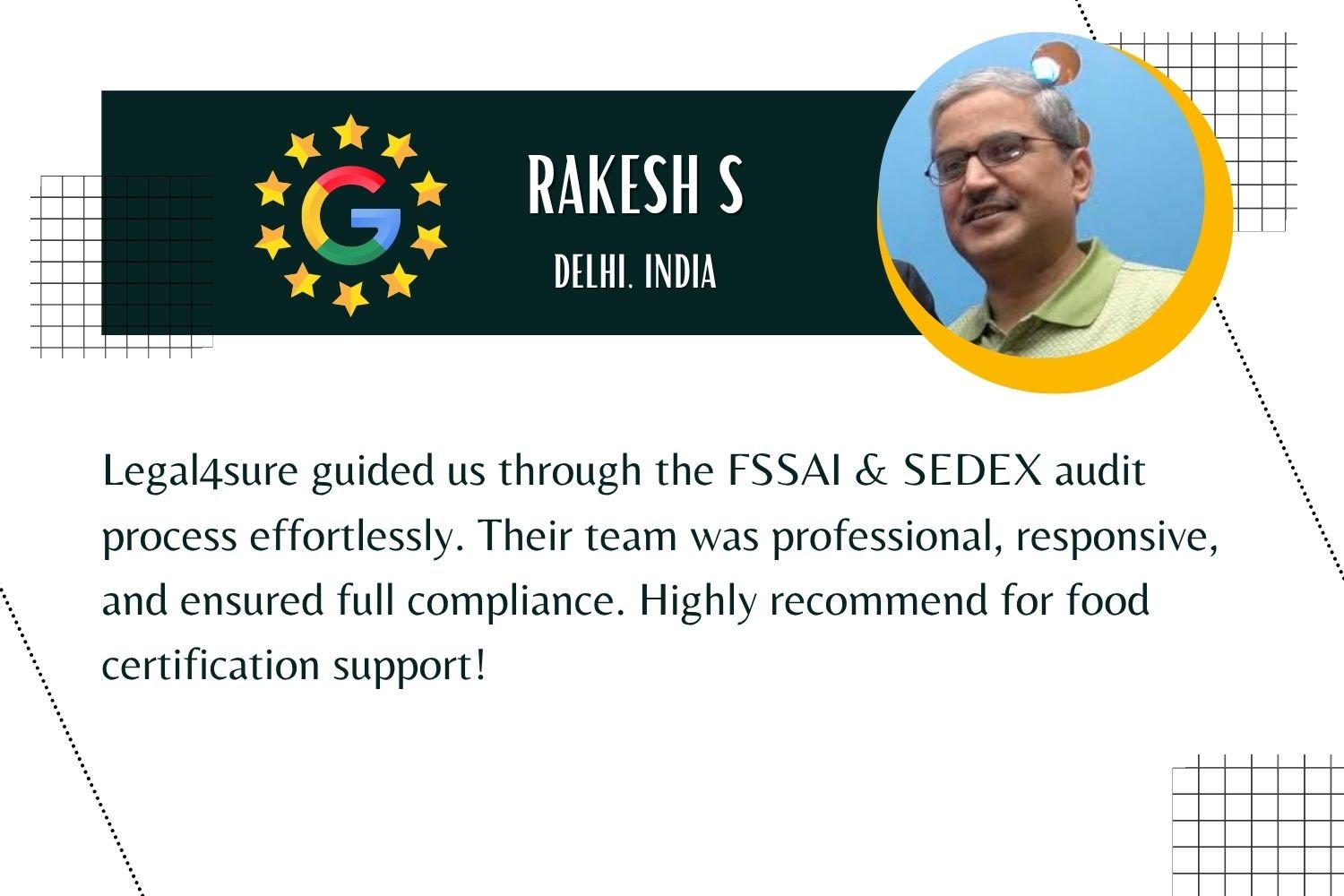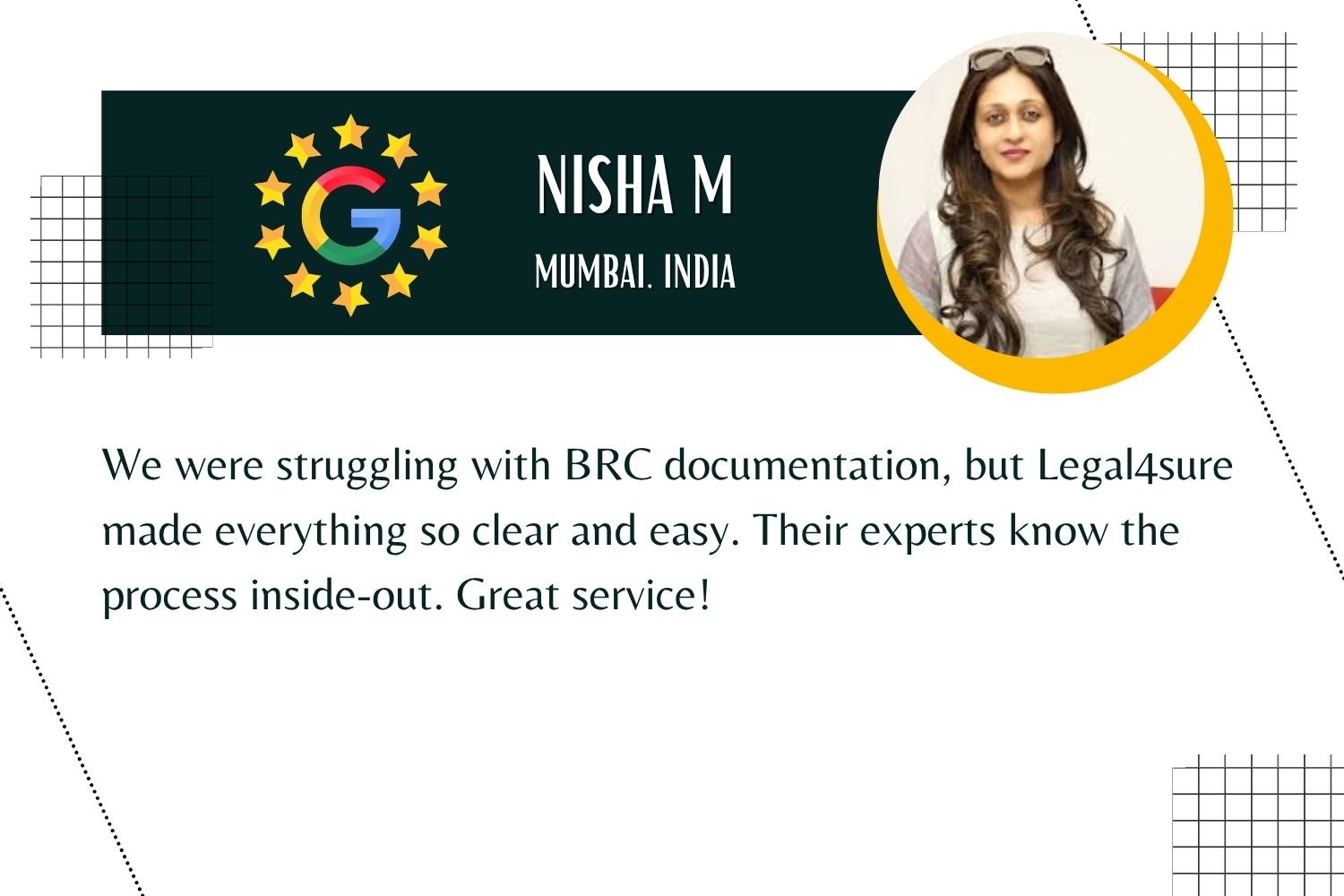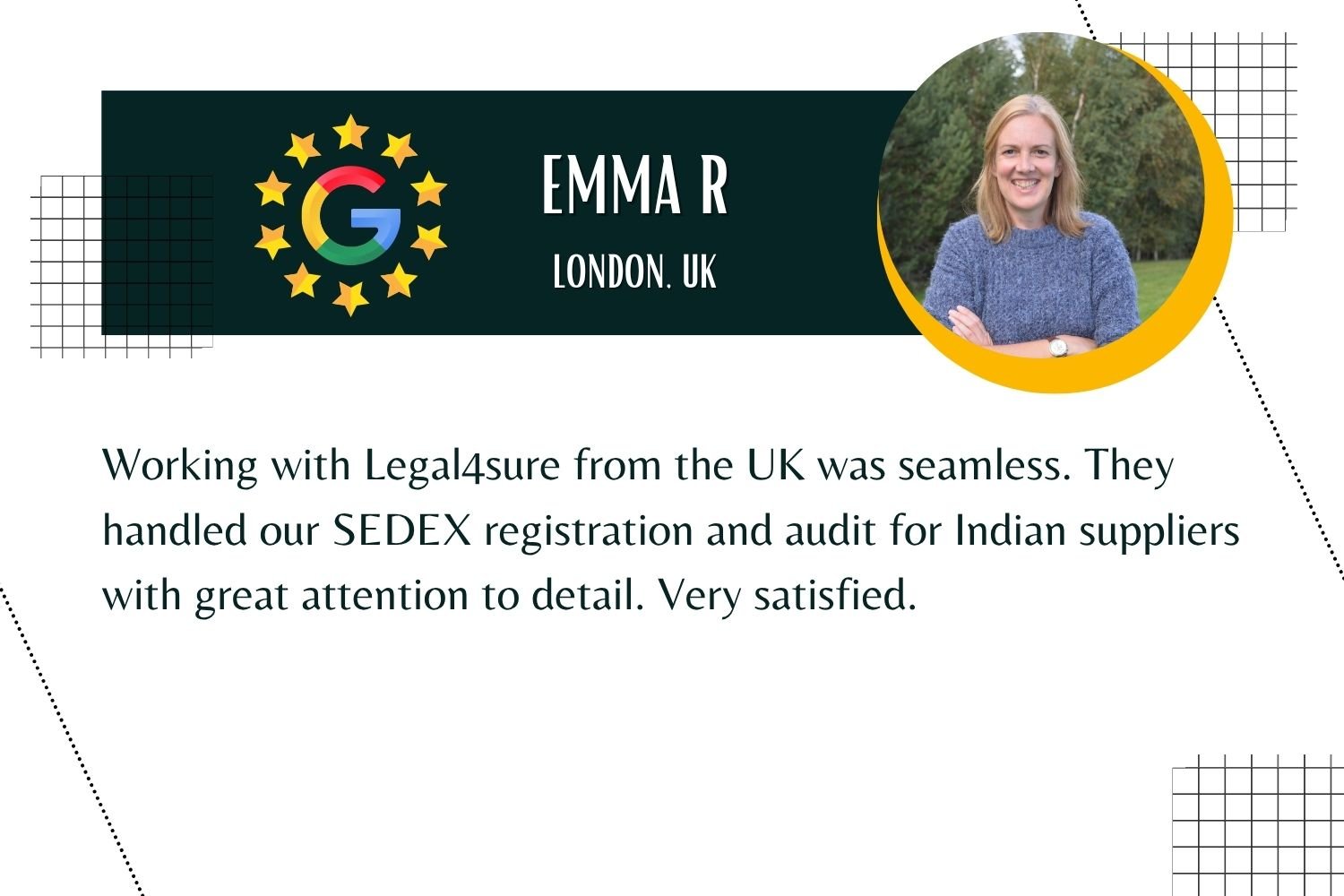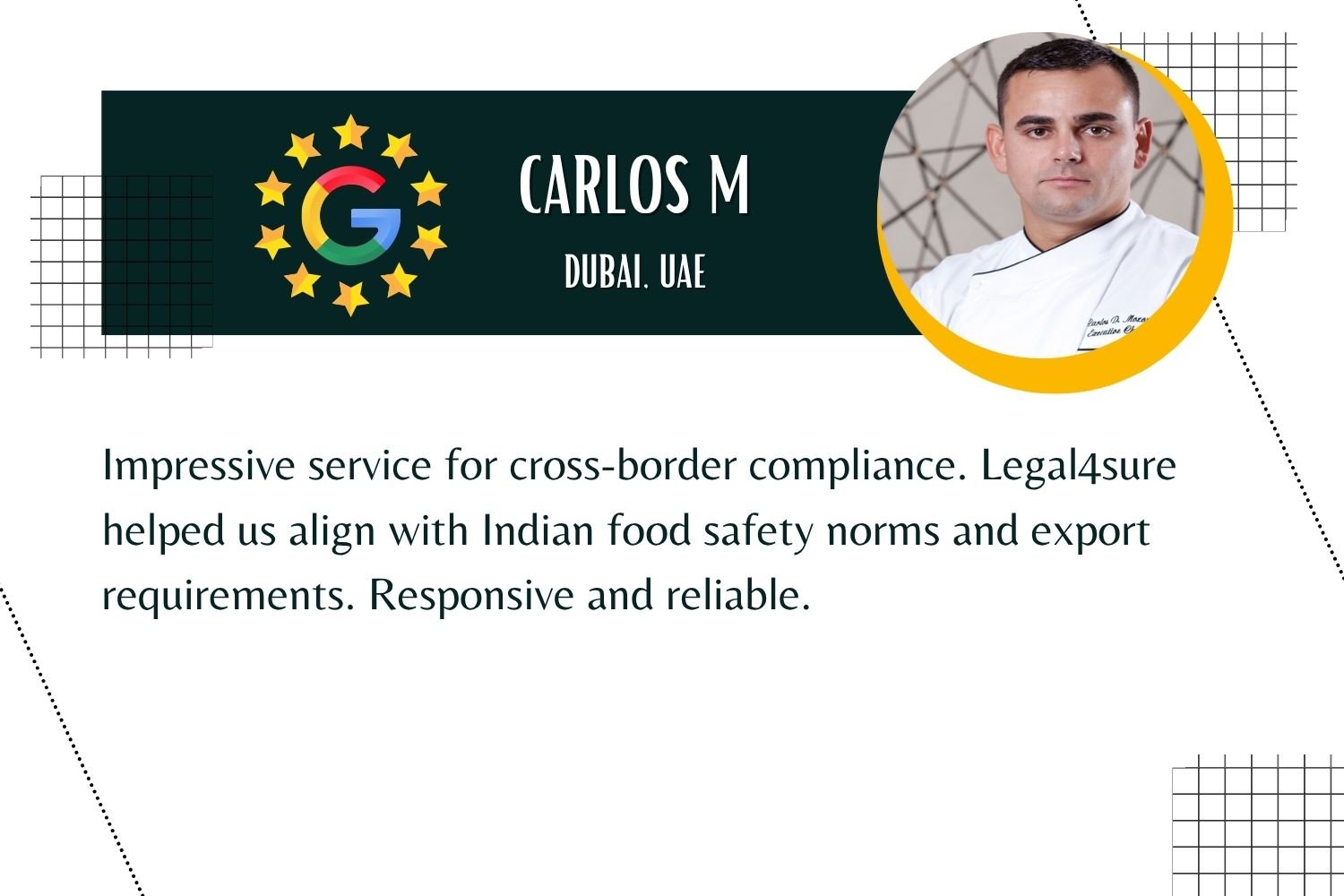A single mistake in dairy production, like improper pasteurisation or poor hygiene, could lead to significant recalls, export prohibitions, or even dangers to public health. Due to stricter safety regulations and demands from the international market, dairy factories are no longer able to rely on outdated systems. The sole aim of the FSSC 22000 for Dairy Plants certification is to protect your brand, ensure compliance with regulations, and improve procedures in the food industry’s most susceptible sector.
Why Dairy Plants Are Turning to FSSC 22000
With a high moisture content, a short shelf life, and regular handling, dairy items are very vulnerable to contamination. As a result of this, not only for compliance but also for survival, rigorous safety management is crucial. For dairy industry players, FSSC 22000 is rapidly becoming a worldwide standard because of its organised, globally recognised approach to addressing the complex risks associated with dairy processing.
Based on ISO 22000 and backed by industry-specific PRPs, FSSC 22000 for dairy plants complies with safety criteria that have been recognised by the GFSI. This is critical for Indian dairy companies that are aiming for export markets in the EU, UAE, Canada, and other nations. With dairy plants increasingly taking the lead, the FSSC foundation reports that over
What Your Dairy Plant Needs to Comply
Obtaining FSSC 22000 certification is more than simply checking off a list of requirements. It’s all about creating a safety-first mindset from the bottom up. The following are some ways that your dairy facility may follow the FSSC 22000 for dairy plants compliance requirements:
Dairy prerequisite programs (PRPs)
ISO/TS 22002-1 specifies industry-specific hygiene procedures that your facility must comply with, such as:
- Washing and disinfecting packaging equipment, tanks, and pipes
- milk processing facilities’ air purification and condensation management
- Avoid cross-contamination between raw and pasteurised milk areas.
- Programs for employee hygiene, facility design, and pest management
They are a fundamental component of your food safety foundation and comply with GMP requirements for dairy facilities.
HACCP Plan for Dairy Industry
Create an HACCP strategy that prioritises the most serious risks to dairy products, such as:
- Pasteurization (for example, 72°C for 15 seconds)
- Keeping the cold chain intact from the time raw milk is received until the finished product is delivered.
- The efficiency of CIP in cleaning indoor surfaces
- Avoid cross-contamination when dealing with allergens in flavoured milk or other products.
- Every CCP must have a defined boundary, corrective measures, and monitoring procedures.
Traceability and Crisis Management
Complete traceability from farm to distribution is mandated by FSSC 22000 for dairy plants. Your system should:
- Maintain records of milk batch entries along with supplier details
- Keep track of the processing environment and any additives utilised.
- Be capable of finishing a fictitious recall in under four hours.
This degree of traceability is crucial for brand protection in the event of any actual incident, as well as for audits.
Audit Hacks Every Dairy Plant Should Know
Though audits can seem intimidating, they may go off without a hitch if you plan. The following is a strategy for approaching the FSSC 22000 audit checklist for dairy with assurance:
Establish a Compliance Corner
Establish a specific location in your plant for keeping crucial documents, SOPs, and quality logs. As a result, auditors may access papers more quickly, and your team can maintain better organisation.
Perform monthly micro-audits
Divide your facility into zones and perform brief, targeted evaluations each month rather than one large internal audit. By enabling early identification of non-conformities, this guarantees the health of your system throughout the year.
Train All Staff, Not Just QA
Everyone is accountable for upholding food safety, including those employed in machine operation and sanitation. Provide consistent, helpful training on topics such as personal cleanliness, spill protocols, and cleaning procedures that comply with dairy hygiene and food safety regulations.
Utilise Digital FSMS Tools
Use cloud-based programmes like FoodDocs or SafeFood360 instead of paper logs. These help reduce audit anxiety and human mistakes by enabling the real-time monitoring of temperature logs, cleaning schedules, and audit preparedness.
Read More: FSSC 22000 Version 6: Everything You Need To Know
The Competitive Edge of Certification
FSSC 22000 for dairy plants involves more than just completing an inspection; it also entails improving your processes. Dairy facilities with certification regularly witness:
- A 30–50% decline in regulatory food safety violations
- quicker clearances and greater export potential
- Customers have fewer complaints and more confidence in the company.
In addition, a growing number of purchasers in international markets are looking for dairy plant food safety accreditation that is recognised by the GFSI. Even the finest cheese or milk may be refused at borders in its absence.
The FAO predicts that the worldwide dairy trade will increase at a 4.6% CAGR between now and 2030. Receiving your certification now will put your factory in a position to profit from future demand.
Why the Right Consultant Makes All the Difference
The FSSC 22000 for Dairy Plants certification procedure may be intimidating to navigate alone. The appropriate specialist may lead you through:
- Risk evaluation and gap analysis
- Creating documents and SOPs
- Training for employees and mock audits
- Complete audit preparation and subsequent assistance
You can speed up your implementation timeline, reduce audit failures, and remain on track for certification by hiring knowledgeable professionals with experience in dairy facility food safety certification.
Food safety cannot be guaranteed by regulatory standards alone; it also provides a competitive edge. FSSC 22000-compliant dairy operations protect the future of your business as well as your customers. If you implement the correct systems, adhere to the specific dairy standards, and make adequate preparations for audits, your facility will be in a position to lead in terms of quality, safety, and trust.
Why the Right Consultant Makes All the Difference
The FSSC 22000 for Dairy Plants certification procedure may be intimidating to navigate alone. The appropriate specialist may lead you through:
- Risk evaluation and gap analysis
- Creating documents and SOPs
- Training for employees and mock audits
- Complete audit preparation and subsequent assistance
You can speed up your implementation timeline, reduce audit failures, and remain on track for certification by hiring knowledgeable professionals with experience in dairy facility food safety certification.
Food safety cannot be guaranteed by regulatory standards alone; it also provides a competitive edge. FSSC 22000-compliant dairy operations protect the future of your business as well as your customers. If you implement the correct systems, adhere to the specific dairy standards, and make adequate preparations for audits, your facility will be in a position to lead in terms of quality, safety, and trust.
Ready for a Flawless FSSC 22000 Audit?
Ready for a flawless FSSC 22000 audit certification? With Legal4sure by your side, it’s preparation over panic. We help you close gaps, train teams, and align documents so your audit runs smoothly, stress-free, and successfully every time.
Get started on your FSSC 22000 journey today
Partner with Legal4sure for FSSC 22000 certification. We simplify compliance, guide your team, and help your factory earn buyer trust while unlocking global growth opportunities with expert support.
FAQ
Q1. What are the FSSC 22000 requirements for dairy plants?
Implement ISO 22000, PRPs for dairy processing, HACCP, and FSSC additional requirements.
Q2. What is Clause 9 of FSSC for dairy units?
Clause 9 focuses on performance evaluation, monitoring, audits, and continual improvement.
Q3. What are the main points of FSSC 22000 for dairy plants?
Strong hygiene control, hazard prevention, traceability, PRPs, and HACCP-based risk management.
Q4. What is an FSSC 22000 audit in dairy processing?
A formal check of food safety systems, PRPs, hygiene, and milk-processing operations.
Q5. What are the 7 most important food safety rules for dairy plants?
Hygiene, temperature control, contamination prevention, clean equipment, storage, traceability, and pest control.
Q6. What are the additional requirements in FSSC 22000 for dairy?
Allergen management, food defence, environmental monitoring, and supplier approval.
Q7. What are the 5 C’s of food safety in dairy operations?
Cleaning, cooking/heat treatment, chilling, cross-contamination control, and personal care.
Q8. What are the 10 clauses of FSSC relevant to dairy plants?
Context, leadership, planning, support, operation, evaluation, improvement, PRPs, HACCP, and certification rules.






